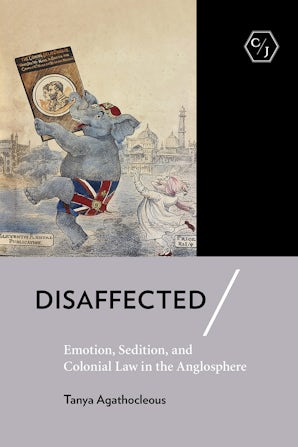Cornell University Press has
published a new book on effects of antisedition law on the overlapping public
spheres of India and Britain under empire
ABOUT THE BOOK
Disaffected examines
the effects of antisedition law on the overlapping public spheres of India and
Britain under empire. After 1857, the British government began
censoring the press in India, culminating in 1870 with the passage of Section
124a, a law that used the term "disaffection" to target the emotional
tenor of writing deemed threatening to imperial rule. As a result, Tanya
Agathocleous shows, Indian journalists adopted modes of writing that appeared
to mimic properly British styles of prose even as they wrote against empire.
Agathocleous argues that Section
124a, which is still used to quell political dissent in present-day India, both
irrevocably shaped conversations and critiques in the colonial public sphere
and continues to influence anticolonialism and postcolonial relationships
between the state and the public. Disaffected draws out the
coercive and emotional subtexts of law, literature, and cultural relationships,
demonstrating how the criminalization of political alienation and dissent has
shaped literary form and the political imagination.
ABOUT THE AUTHOR
Tanya Agathocleous is Associate
Professor of English at Hunter College. She is author of Urban Realism and the
Cosmopolitan Imagination.
TABLE OF CONTENTS
Introduction
1. Affectation: The Aesthete and
the Babu on Trial
2. Parody: Colonial Mimicry,
Colonial Parody, and theMultiplicity of Punch
3. Review: Worlding White
Supremacy and Indian Nationalism
4. Syncretism: From East and West
to the Darker Nations
Conclusion
More info here


No comments:
Post a Comment